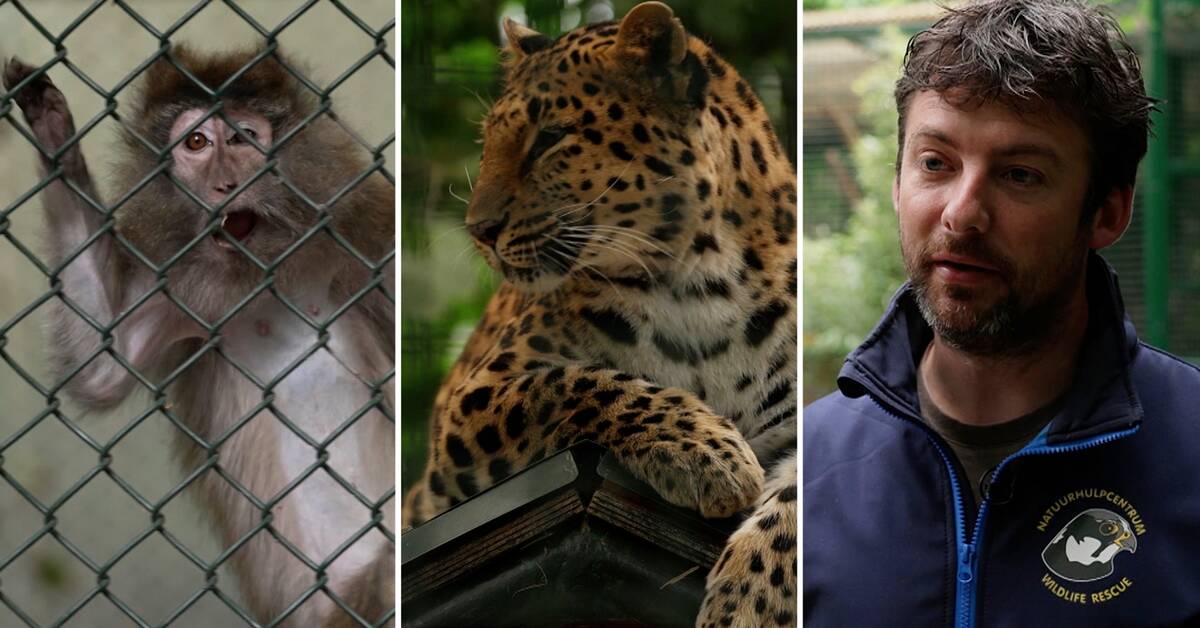In Sweden, you already have a "negative list" of animals you are not allowed to own as a private person, such as monkeys and various predators.
But among the countries in Europe, it looks very different.
Belgium was the first in Europe to introduce a "positive list" instead over twenty years ago.
At the zoo in Oudsbergen, you take care of various animals that have been seized or rescued and that have often been someone's pets.
- This is a mother and daughter.
They were confiscated in Poland, says biologist Frederik Thoelen and points to two large leopards.
Then a new team can become a reality
Cyprus, Malta, Lithuania and Luxembourg are the initiators of the proposal and according to the countries, trade in exotic animals threatens the biological diversity in Europe and that the animals can carry many diseases that can be dangerous to us humans.
- If it escapes, what happens then?
Can it become invasive, create genetic problems?
This is something you have to think about, says biologist Frederik Thoelen.
Now the European Commission will investigate the consequences of such a list and a new EU law can become a reality by 2023 at the earliest.
Join the Nature Aid Center in Belgium and meet some of the animals who have been given a new home in the video above.

